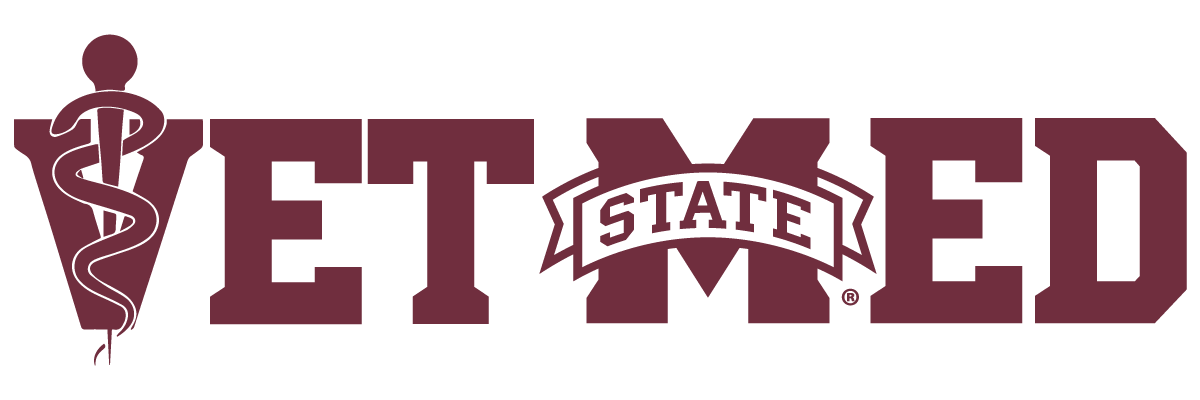At the Mississippi State University College of Veterinary Medicine’s Animal Health Center, humans aren’t the only caregivers. Such is the case with one young feline, known as Dr. Beans, who is prepping for an important role, serving as a feline blood donor.
Dr. Beans is an energetic red tabby with a curious personality and a rare blood type. He lives with Dr. Melody Whitney, an assistant clinical professor and small animal surgeon in the AHC, and is currently being socialized, trained, and tested to become part of the hospital’s feline blood donor program.
Dr. Beans was identified as a potential donor through the college’s shelter medicine program, which screens cats during routine spay and neuter procedures. Most domestic cats in the U.S. have Type A blood; Type B is rare, and, therefore, critically important to have available in emergency situations.
“Cats with Type B blood can’t safely receive Type A blood, not even once,” Dr. Whitney explained. “Transfusing the wrong blood type can be life-threatening. So, when our team learned Dr. Beans was Type B, we knew he could play an important role in helping other cats.”
While blood donation is a relatively simple and safe procedure, not every cat is a good candidate. Ideal feline donors are healthy, weigh at least 10 pounds, and are over one year of age. Just as important, they need to be comfortable in a veterinary setting and tolerant of being handled.
“Cats don’t typically love hospital visits, so we are very careful about which ones are selected as donors,” said Dr. Whitney. “They need to have the right temperament for it to be a good experience for both the cat and the veterinary team.”
To help Dr. Beans get comfortable in the AHC and prepare for his new role, Dr. Whitney regularly brings him to campus for low-stress visits. These outings include meeting students, exploring the environment, playing with toys, and, of course, snack breaks.
“We want his associations with the hospital to be overwhelmingly positive,” she said. “He gets to play, explore, and meet new people so that when it’s time for a blood draw, he’s already comfortable in the environment.”
Once Dr. Beans reaches the appropriate age and weight, he will undergo a full health screening, including an infectious disease panel, to ensure he is a safe donor. Cats in the program are screened for conditions like FIV (feline immunodeficiency virus) and FeLV (feline leukemia virus), as well as other infectious agents, and their red blood cell counts are evaluated to confirm they are healthy to donate.
When it’s time to collect a blood sample, cats are placed under light sedation to minimize stress. The process is sterile, relatively painless, and brief, and donor cats are always carefully monitored throughout.
Feline blood transfusions are used in a variety of cases, including trauma, anemia caused by chronic kidney disease, autoimmune conditions, or complications from major surgeries. Having reliable access to compatible feline blood can be lifesaving in these situations.
The Mississippi State Feline Donor Program is a testament to the compassion and collaboration found throughout the CVM community. With a greater demand for blood products nationwide, these programs help meet an important clinical need.
“Donor animals like Dr. Beans truly help save lives,” said Whitney. “It’s important for people to understand that in veterinary medicine, just like in human medicine, blood isn’t always readily available, especially for less common blood types. That’s why we value and care for our donor cats so thoughtfully.”
Dr. Beans seems to be acclimating to his anticipated caregiving kitty role quite well. When he visits the AHC, he enjoys getting the royal treatment. Let’s just hope he doesn’t let it go to his head and develop a bad “cattitude!”
Contact: Livingston Sykes
